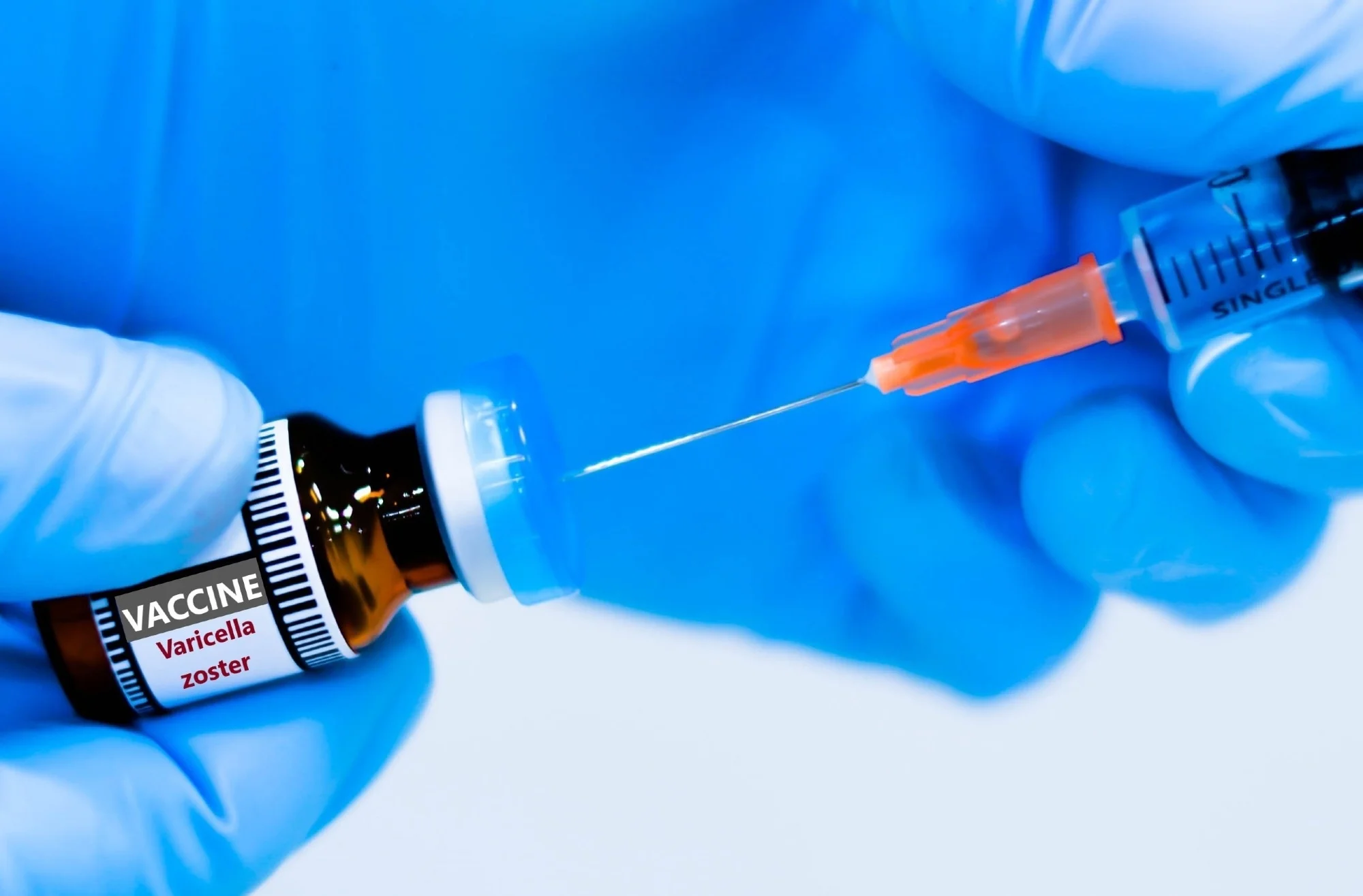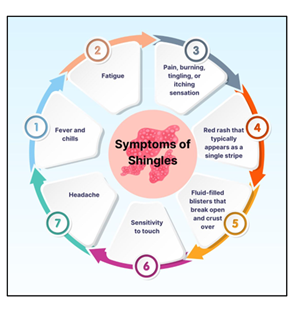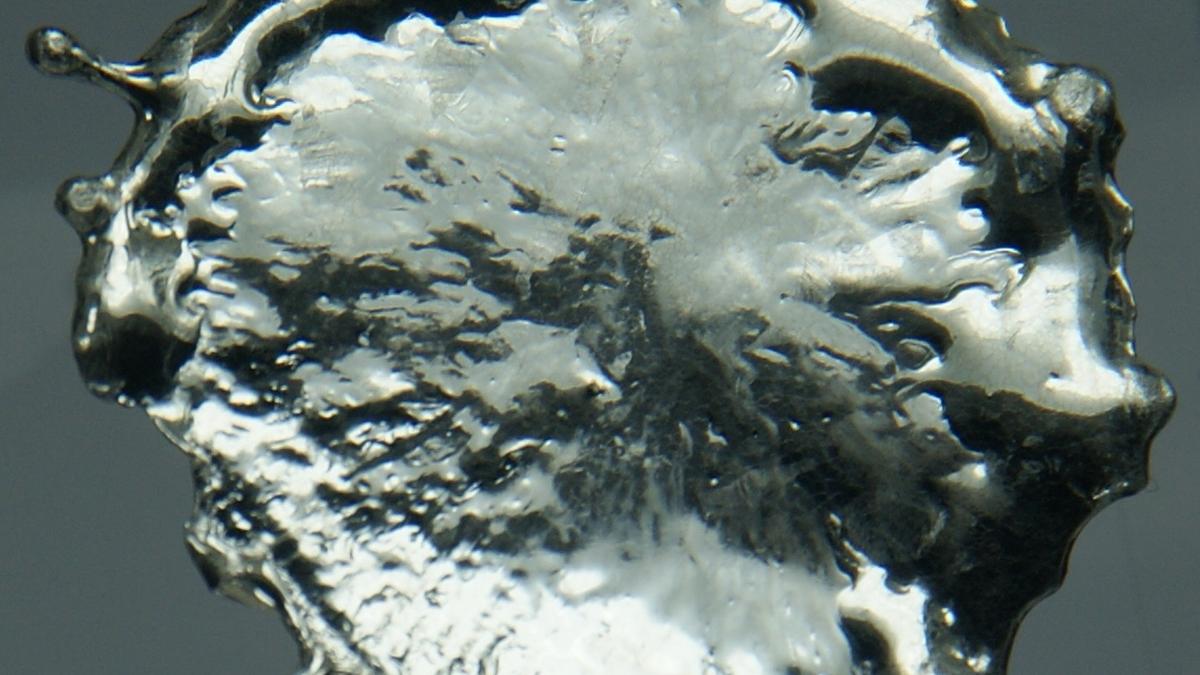- Courses
- GS Full Course 1 Year
- GS Full Course 2 Year
- GS Full Course 3 Year
- GS Full Course Till Selection
- Online Program
- GS Recorded Course
- NCERT (Recorded 500+ Hours)
- Polity Recorded Course
- Geography Recorded Course
- Economy Recorded Course
- AMAC Recorded Course
- Modern India, Post Independence & World History
- Environment Recoded Course
- Governance Recoded Course
- Science & Tech. Recoded Course
- International Relations and Internal Security Recorded Course
- Disaster Management Module Course
- Ethics Recoded Course
- Essay Recoded Course
- Current Affairs Recoded Course
- CSAT
- 5 LAYERED ARJUNA Mentorship
- Public Administration Optional
- ABOUT US
- OUR TOPPERS
- TEST SERIES
- FREE STUDY MATERIAL
- VIDEOS
- CONTACT US
Shingles Vaccine & Lower Dementia Risk: What New Study Says
Shingles Vaccine & Lower Dementia Risk: What New Study Says

Why in the News?
A new analysis of a vaccination program in Wales found that the shingles vaccine appeared to lower new dementia diagnoses by 20% — more than any other known intervention.
What is ‘shingles’? 
- Shingles is a viral infection causing painful rashes, usually appearing as a stripe of blisters on one side of the torso.
- Causes:
- It is caused by the varicella-zoster virus, the same virus responsible for chickenpox. After chickenpox, the virus remains dormant and can reactivate as shingles, especially if the immune system is weakened.
- People who have never had chickenpox can contract the virus through direct contact with shingles blisters or by inhaling virus particles.
- Pain may persist after the rash disappears. Severe cases can lead to vision loss (if near the eye), facial paralysis, or brain inflammation.
- Prevention: A shingles vaccine, which prevents the reactivation of the varicella-zoster virus, is recommended primarily to individuals over the age of 50 years. It may also be recommended to adults living with a weakened immune system due to conditions such as HIV.
What did the Weles study find? Why is it unique?
- Wales’ shingles vaccine rollout created a “Natural Experiment,” that closely resembled a randomized control trial. Eligibility was based strictly on age, for minimizing bias.
- Study began in September 2013 and only those aged 79–80 on that date could get the vaccine that year. Further, the 78-year-olds got it the following year (2014); those over 80 were never eligible. Hence, two similar groups were created that differed only by vaccine eligibility.
- What were the unique findings?
- Over 7 years, vaccinated individuals had a 3.5% point lower rate of dementia diagnosis.
- This equals a 20% lower relative risk compared to the unvaccinated group
- What was the explanation given by the researchers?
-
- The shingles virus may cause long-term cognitive effects; vaccination could prevent these.
- Changes in the immune system from the vaccine may also help protect against dementia.
- The exact reason for the reduced dementia risk after shingles vaccination is still unknown. One theory suggests that preventing the reactivation of the shingles virus may directly lower dementia risk, as the virus is linked to long-term cognitive effects.
- Another possibility is that changes in the immune system caused by the shingles virus or its vaccination may help protect against dementia.
|
How do Vaccines work? Vaccines expose the body to a weakened, inactivated, or harmless component of a pathogen (virus/bacteria) to stimulate the immune system to produce antibodies. It prepares our immune system to recognize and combat the actual pathogen if encountered in the future, thus providing immunity. It works in following manner:
According to researchers, do both shingles vaccines have a similar protective effect? There are majorly two types of Vaccines which are available in India:
|
Conclusion:
Both shingles vaccines (Zostavax and Shingrix) may help reduce dementia risk, with similar protective effects seen in studies. Other common vaccines may also offer some protection against dementia.
|
PYQ Relevance Prelims What is the importance of using Pneumococcal Conjugate Vaccines in India? (UPSC CSE 2020) 1) These vaccines are effective against pneumonia as well as meningitis and sepsis. 2) Dependence on antibiotics that are not effective against drug-resistant bacteria can be reduced. 3) These vaccines have no side effects and cause no allergic reactions. Select the correct answer using the code given below:
Mains: Q. What is the basic principle behind vaccine development? How do vaccines work? What approaches were adopted by the Indian vaccine manufacturers to produce COVID-19 vaccines? (UPSC CSE 2022) |
|
Also Read |
|
| Public Administration Optional | |
| UPSC Monthly Magazine | Question Answer Practice For UPSC |




